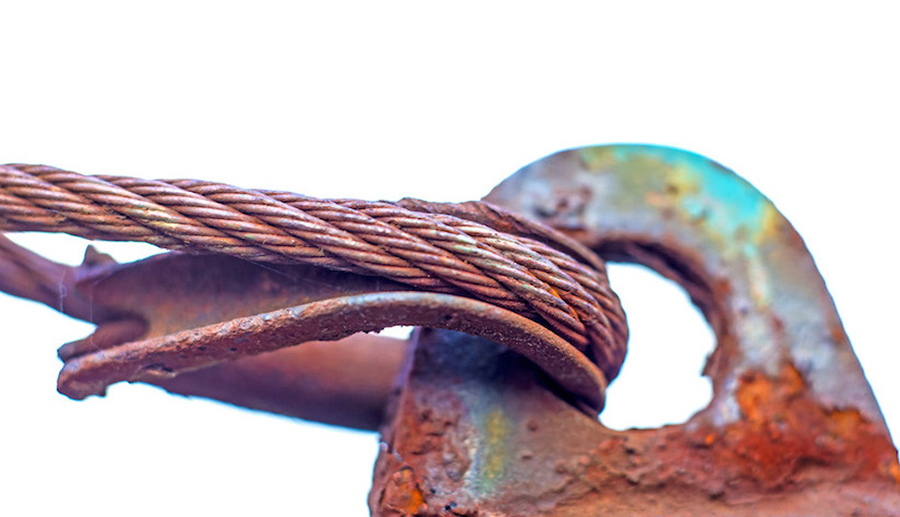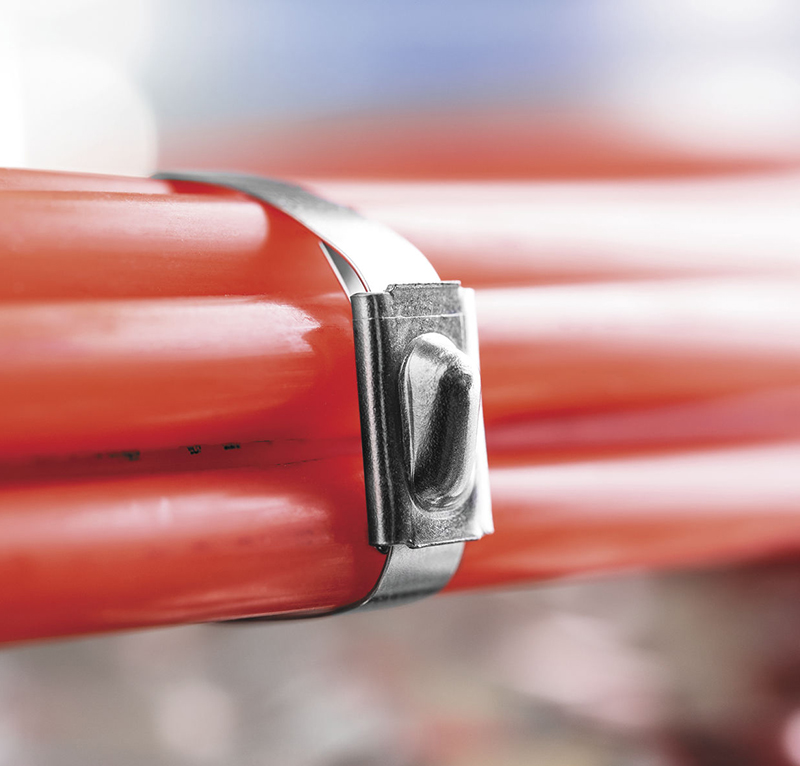1. Chemical corrosion of laying environment
If the accumulated water in the cable trench or the directly buried soil contains corrosive components, such as sulfuric acid or nitric acid, the cable surface will be in contact with these corrosive substances for a long time, and severe chemical corrosion will occur. If the cable sheath is damaged, the moisture will spread left and right longitudinally after entering the cable. In some areas, the groundwater quality and soil are severely polluted by chemicals. If the cable path is not properly selected, the cable trench is poorly constructed, and the backfill is too corrosive, the molecules of the cable insulation and sheath organic materials will be chemically degraded. It will cause the cable to be corroded, and the insulation resistance of the cable will decrease or even lose the insulation resistance.
2.Acid rain chemical corrosion
The chemical corrosion factors that are serious to power cable, in addition to the water quality and soil condition of the laying environment, there are also serious effects of modern acid rain.
The so-called acid rain is due to the burning of fossil fuels (coal, oil, natural gas) or biomass fuels, which discharges acidic compounds (such as sulfur dioxide, carbon dioxide, and nitrogen dioxide, mainly sulfur dioxide) into the air, causing sulfuric acid, Phenomenon of acidic substances such as nitric acid. The main component of acid rain is sulfur dioxide. It is generally believed that if the pH value of rainwater is less than 5.6, it can be considered as acid rain. The main reason for the formation of acid rain is the excessive emission of sulfur dioxide from factories. At present, the “energy saving and carbon reduction” and “energy saving and emission reduction” being implemented in the world are mainly aimed at reducing the emission of sulfides and carbides in order to protect a clean atmosphere.
 here have been acid rain disasters in more than 20 provinces and cities in my country, mainly in the area south of the Yangtze River. Acid rain not only causes severe extinction hazards to crops, forests, grasslands, fish, etc., but also severe corrosion to metal objects, such as wires and cables, railway tracks, ships, vehicles, transmission lines, bridges, houses, electromechanical equipment, etc. Will cause serious damage.
here have been acid rain disasters in more than 20 provinces and cities in my country, mainly in the area south of the Yangtze River. Acid rain not only causes severe extinction hazards to crops, forests, grasslands, fish, etc., but also severe corrosion to metal objects, such as wires and cables, railway tracks, ships, vehicles, transmission lines, bridges, houses, electromechanical equipment, etc. Will cause serious damage.
The Journal of Sichuan University published a research report “Corrosion behavior of copper during acidification of acid soil under the action of acid rain”. Experiments show that acid rain will increase the corrosion rate of copper. The corroded surface of copper is mainly cuprous oxide (Cu2O) and copper oxide (CuO).
The harm route of acid rain to directly buried cables is: sulfur dioxide in the air reacts with rainwater to form sulfurous acid, which is oxidized to sulfuric acid:
SO2 + H2O = H2SO3
2H2SO3 + O2 = 2H2SO4
Rainwater containing sulfuric acid enters the cable from the damaged point of the power cable pvc sheath or the cable joint in a high temperature environment, and it will corrode the insulation layer, the sheath and the copper cable. Sulfuric acid corrodes the cable sheath and insulation layer, degrades and damages the molecular structure, severely reduces the insulation resistance, and even loses insulation and protection. Sulfuric acid reacts with copper to form blue copper sulfate (CUSO4) crystals, which become a blue copper sulfate solution in contact with water. .
CU + 2H2SO4 = CUSO4 + SO2↑+ 2H2O
In the past few years, a certain power supply department in Chongqing, where the soil is corrosive and acid rain is hardest hit by acid rain, discovered blue liquid and damage to the insulation layer at the end of the cable. If the cable sheath is seriously damaged, especially in the season of high temperature, high humidity, and strong sunlight, if acid rain occurs, or the sulfuric acid content in the soil is large, the cable enters a lot of water, this blue copper sulfate solution will quickly follow the length of the cable Spread upward until it overflows from the damaged part of the cable and the end of the cable. Copper sulfate solution can conduct electricity. After it penetrates into the insulation layer, the conductivity of the insulation layer has been strengthened, and the resistance of the insulation layer will drop sharply, the insulation effect will be lost, and the cable short circuit accident will occur.

